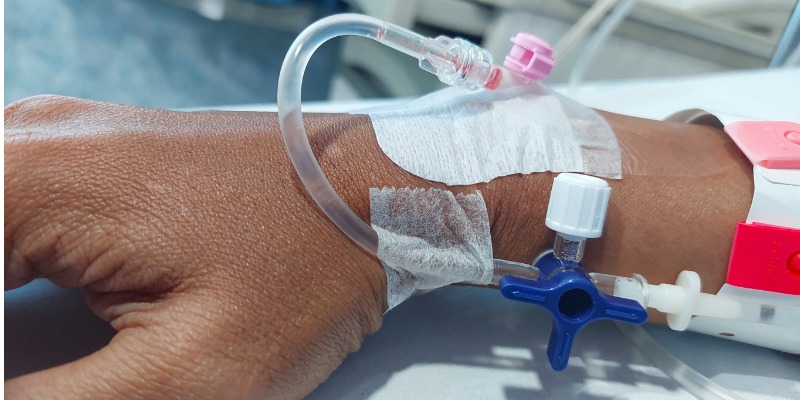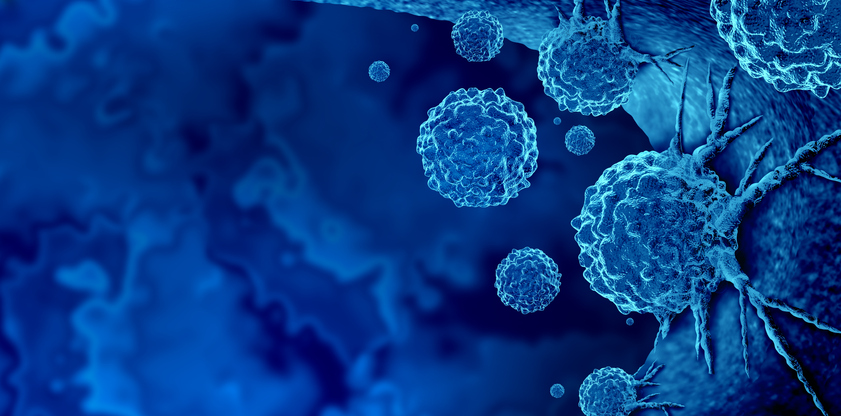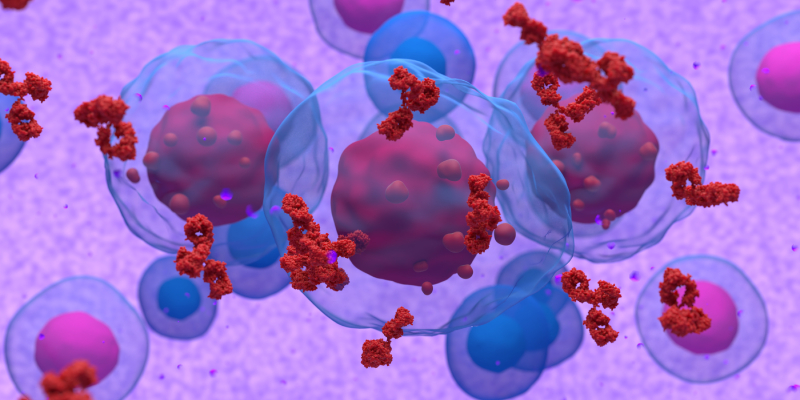
Idecabtagene vicleucel (ide-cel) continues to demonstrate deep and durable responses in patients with newly diagnosed multiple myeloma (MM) with an inadequate response to front-line autologous hematopoietic stem cell transplantation (HSCT), according to an extended follow-up of the KarMMa-2 trial presented at the 66th American Society of Hematology Annual Meeting & Exposition.
The study included 31 adult patients who received at least three cycles of induction therapy and had less than a very good partial response 70 to 110 days after autologous HSCT. Each patient received one infusion of ide-cel (150 to 450
After a median follow-up of 55.4 months, 28 (90.3%) patients remained in follow-up, and three (9.7%) discontinued ide-cel due to disease progression or chose to withdraw. At the investigator’s discretion, eight patients received lenalidomide maintenance after infusion. None of those eight patients had disease progression.
For the overall cohort, the complete response rate (CRR) was 80.6%, and the overall response rate (ORR) was 87.1%. For those who received lenalidomide maintenance, the CRR was 75.0% and the ORR was 100.0%. The median duration of response, progression-free survival, and overall survival were not reached, but the 36-month event-free rates were 81.5%, 76.8%, and 100.0%, respectively.
Measurable residual disease (MRD) negativity was also reported as an exploratory endpoint. At 36 months, MRD negativity was achieved in 12 of 18 (66.7%) patients in the overall cohort and in three of six (50.0%) evaluable patients who received lenalidomide maintenance. One patient with MRD-negative MM became MRD positive at 36 months, and one patient who previously achieved MRD negativity had an indeterminate MRD finding.
No new safety signals were reported since the last data cutoff. Six (75.0%) patients who received lenalidomide maintenance reported grade 3 or 4 adverse events (AEs), most commonly neutropenia. One (12.5%) reported grade 3 or 4 infection.
Overall, the researchers observed robust CAR+ T-cell expansion in all 31 patients, with greater expansion in patients who achieved a CR or better compared with those who did not. They also noted that more than 75% of patients had improved or stable global health status or quality life by three months.
Reference
Paul B, Dhodapkar MV, Alsina M, et al. Idecabtagene vicleucel (ide-cel) in patients (pts) with newly diagnosed multiple myeloma (NDMM) with an inadequate response to front-line autologous stem cell transplantation (ASCT): KarMMa-2 cohort 2c extended follow-up. Abstract #3388. Presented at the 66th American Society of Hematology Annual Meeting & Exposition; December 7-10, 2024; San Diego, California.






 © 2025 Mashup Media, LLC, a Formedics Property. All Rights Reserved.
© 2025 Mashup Media, LLC, a Formedics Property. All Rights Reserved.